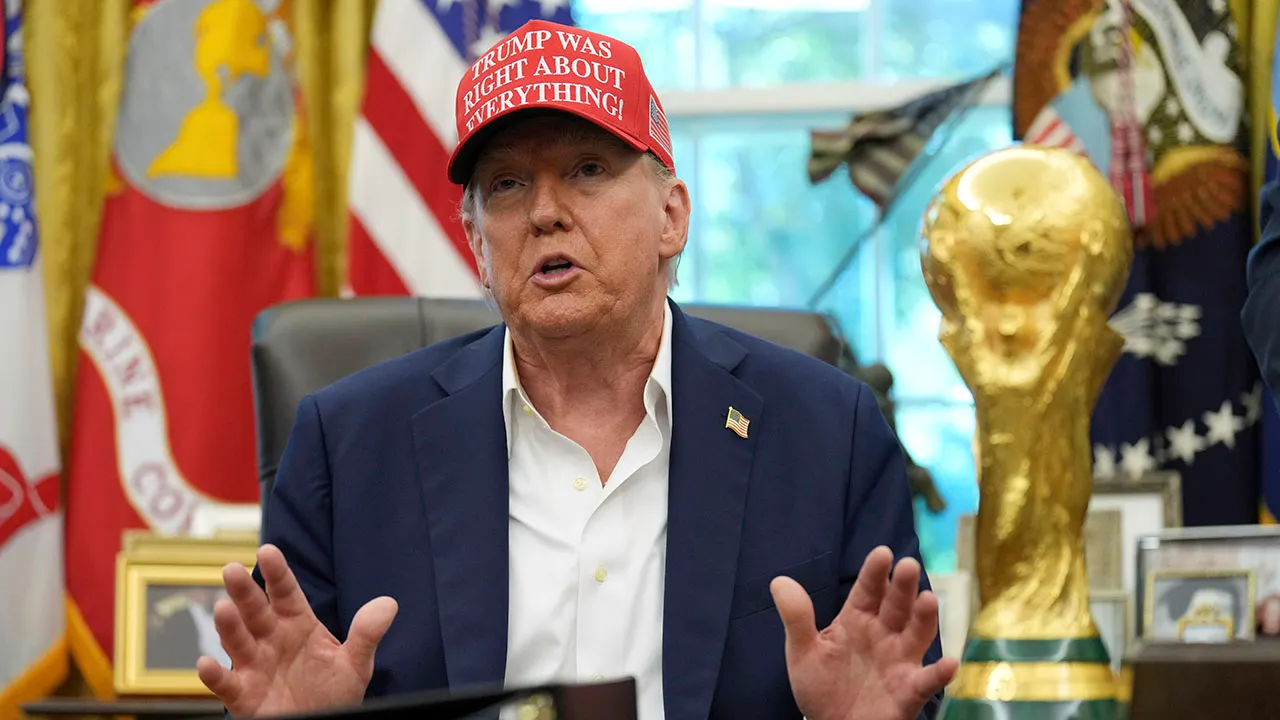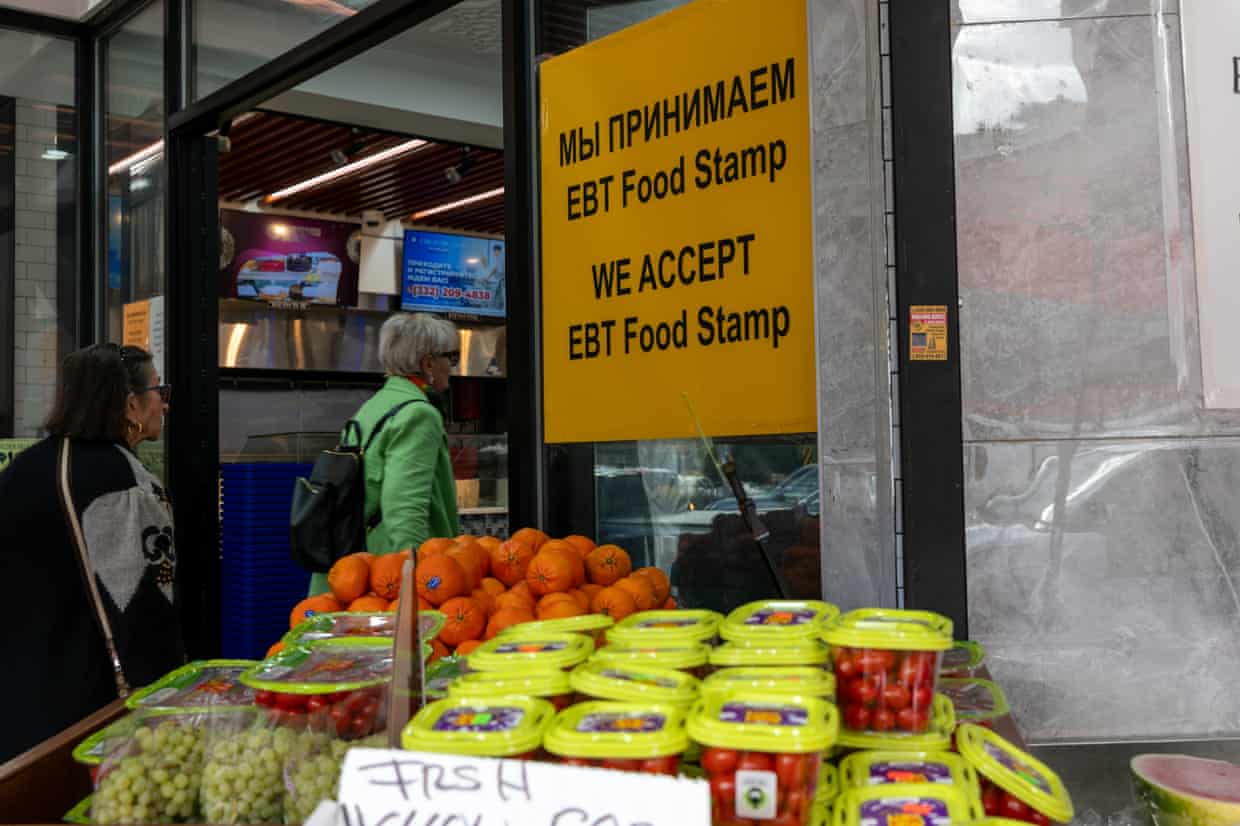
MORNING GLORY: Are President Trump’s tariffs actually working?
Entities mentioned:
- President Trump: Ambition, Competitive spirit, Control
- Congressional Budget Office (CBO): Duty, Professional pride, Influence
- Phillip Swagel: Duty, Professional pride
- Dr. Richard McKenzie: Professional pride, Skepticism, Curiosity
- Peter Navarro: Loyalty, Determination, Influence
- Hugh Hewitt: Curiosity, Influence, Recognition
Article Assessment:
Credibility Score: 65/100
Bias Rating: 70/100 (Lean Right)
Sentiment Score: 55/100
Authoritarianism Risk: 45/100 (Mixed/Neutral)
Bias Analysis:
The article leans right, evidenced by its favorable framing of Trump's policies and skepticism of traditional free-market positions. While it includes some opposing viewpoints, the overall tone suggests support for reconsidering tariffs in a positive light.
Key metric: US Budget Deficit
As a social scientist, I analyze that this article presents a surprising report from the CBO suggesting that President Trump's tariffs could significantly reduce the US budget deficit. The article challenges conventional free-market wisdom about tariffs, presenting data that contradicts expectations of negative economic impacts. It explores the tension between free-trade principles and the potential fiscal benefits of tariffs, while also raising questions about presidential authority to impose such measures. The analysis includes perspectives from economists and considers the broader implications for economic policy and political ideology. The article's framing suggests a potential shift in how tariffs might be viewed by traditionally free-market conservatives, while also acknowledging ongoing debates and legal challenges.

Trump law will cut food stamps for 2.4 million people as work rules widen
Entities mentioned:
- Donald Trump: Power, Control, Influence
- Republican lawmakers: Righteousness, Fiscal responsibility, Control
- Congressional Budget Office (CBO): Duty, Professional pride, Objectivity
- Food Research & Action Center: Justice, Moral outrage, Advocacy
- Robert F Kennedy Jr: Righteousness, Public health, Control
Article Assessment:
Credibility Score: 75/100
Bias Rating: 40/100 (Lean Left)
Sentiment Score: 30/100
Authoritarianism Risk: 45/100 (Mixed/Neutral)
Bias Analysis:
The article leans slightly left in its framing, emphasizing the negative impacts of the policy on vulnerable populations. While it includes data from the non-partisan CBO, the selection of quotes and perspectives tends to be critical of the policy changes.
Key metric: Poverty Rate
As a social scientist, I analyze that this policy change will likely increase the poverty rate in the United States. The expansion of work requirements for SNAP benefits to include parents, older adults, and veterans will result in 2.4 million fewer Americans receiving food assistance. This reduction in benefits disproportionately affects lower-income households, potentially pushing more families into food insecurity and poverty. The CBO's estimate that resources will decrease for households at the bottom of the income distribution while increasing for middle and higher-income households suggests a widening of income inequality. This policy shift may lead to increased strain on local food banks and other social services, potentially offsetting any federal savings with increased costs at the state and local levels. The long-term consequences could include negative impacts on public health, child development, and economic mobility for affected families.